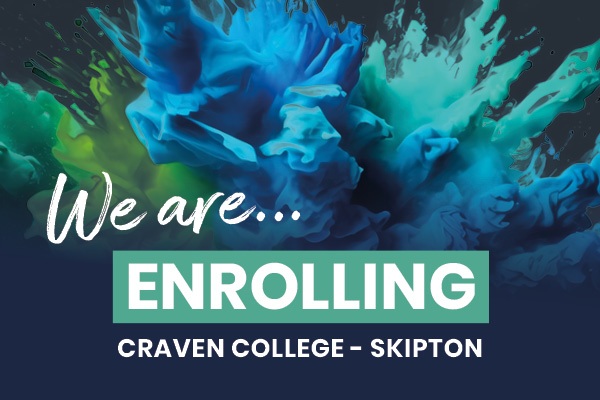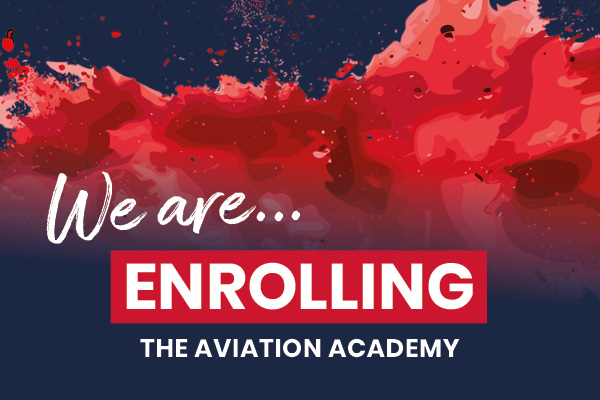Digital Production, Design & Development T Level
Software and web developers, coders and programmers – this is the T Level for you. This course offers you an attractive alternative to A Levels and apprenticeships. Designed with employers to give you the industry skills you need in order to start your career within the digital industry.
T Levels are a brand new 2-year high-quality, technical qualification, developed in collaboration with employers and businesses. They are designed to help you progress into highly skilled employment, a higher apprenticeship or university. This qualification is equivalent to 3 A Levels. You will spend 80% of your time in college and 20% (45 days) on an industry placement with an employer to make sure you gain real hands-on experience in the workplace.
This course will provide you with the knowledge, skills and behaviours needed to progress into skilled employment related to a digital environment, an apprenticeship or related technical study through further or higher education.
Including modules in Software Development and a Programming project, this T Level also provides the opportunity to complete relevant work experience which can give you a careers edge and fast track you into the area of work that you are interested in. You will develop a rounded knowledge and relevant set of skills that are favoured amongst employers in this sector.
All Level 3 T Levels include a mandatory industry placement with an employer focused on developing the practical and technical skills required for the occupation. These will last a minimum of 315 hours (approximately 45 days) but can last longer.
Entry Requirements
- 5 GCSE’S at Grade 5 or above including English and maths
- Applicants will also need to attend an interview to assess suitability for the course
What you will study
You will cover digital-related topics such as:
- How digital technologies impact business
- The ethical and moral implications of digital technology
- Using data in software design
- Using digital technologies to analyse and solve problems.
- Digital environments, including physical, virtual and cloud environments.
- Emerging technical trends, such as Internet of Things (IoT), Artificial Intelligence (AI), Augmented Reality (AR), Blockchain, 3D printing
- Legal and regulatory obligations relating to digital technologies.
- The privacy and confidentiality of personal data
- The technical, physical and human aspects of internet security
- Planning digital projects
- Testing software, hardware and data
- Digital tools for project management and collaboration
In addition to the core content, each student will also develop skills in digital production, design and development. The content will include:
- analysing a problem to define requirements and acceptance criteria aligned to user needs
- designing, implementing, and testing software
- changing, maintaining and supporting software
- creating solutions in a social and collaborative environment
- discovering, evaluating, and applying reliable sources of knowledge
- applying ethical principles and managing risks in line with legal and regulatory requirements when developing software
What's Next?
Further Study
Successful completion of this course includes progression into employment, further study, advanced apprenticeship and University
Careers
- Web Developer
- IT Business Analyst
- App Developer
- Cyber Security
- Network Engineering



